A new comer’s guide to living in Egypt 아랍과 중동의 교차점, 이집트
Photos by Kim So Young
Before moving here images of pyramids, kings and queens, the Nile, mosques and minarets swirled in my brain. Egypt’s ancient civilization, old buildings, monuments, their arts and their culture all enticed me. Images of women wearing the hijab and the prospect I might have to cover were unsettling. The political upheaval weighed heavily upon me. All things considered ‘safety’ is what I am concerned about most. “Is Egypt safe?’” “Is the food and water safe?” “Is it okay to live in Egypt as a woman?” It is been two months since I moved to Cairo from Toronto.
The ‘Scene’
‘The Scene’ in Egypt is very unique. I can see tanks and soldiers and policemen on the street. I can see rusty cars. Dust covers buildings, leaves and air alike in a yellow-gold film. You can see it and feel it. It defines you. The air at times is stifling, 30 degrees or higher. Most women cover up in hijab, covering parts of their body, while some wear a nikap, cover all except their eyes. In Canada and other countries I lived in this was a reality I didn’t have to face.
Streets look like a mix between an auto graveyard and a museum. Old dilapidated cars to new, expensive ones all occupy the same sandy street. Not far behind, are donkeys and horse carts passing by. Many stray cats and dogs wander the streets. I like animals but who is impressed with excrement everywhere. It’s a veritable minefield. A cacophony of sound adds to the scene. The sound of prayer resounds from mosque speakers five times a day. From time to time I hear shouting from someone selling something, not knowing what it is.
The Learning Curve
You might wonder what wisdom I have gained in my two months of living in Egypt. Let me tell you. For someone like me who doesn’t like cooking this is a great place. I can order any food I want to. In some way it’s like the Republic of Korea. Everything from Egyptian food and American franchises like KFC and McDonald’s to Italian, Chinese, Korean, Thai, Lebanese, among other food, are delivered to homes. Even pre-chilled alcohol can be had. All I have to do is decide what I want and pick up the phone and order it. The best part is I don’t need to go out onto the chaotic street.
The traffic and the way people drive make me feel insecure. No traffic lights. Turning signals and headlights are in disuse. Honking has replaced traffic signals. These things are all normal here. I used to worry about demonstrations but now cars do. Remember when you were young and you rode the bumper cars. Navigating the streets and taking taxis here is much like that. The cars show the scars of one too many good times. When I do venture out onto the streets I never am on foot for long. I brave the numerous and cheap, honking taxis. Adventure comes at a price though. Double or triple the price even. The unwritten sign should read ‘bargaining required.’
My Two Cents
1. Cover up
Since I live in an Islamic country I make sure to dress conservatively. Wearing pants and long-sleeve shirts is advisable. Putting a cardigan or scarf in a bag too. A scarf is useful in ways I never thought possible. Not only does it protect me from the dust, the sun, and flies, it also keeps unwanted male attention away.
2. Carry a cell phone
One of the first things I did was get a cellphone. We have become fast friends. With it I can get an idea of where I am, and where I want to go. GPS and Google maps show taxi drivers where I want to go when they can’t understand my Arabic pronunciation.
3. Learn Arabic!
I studied some Arabic before I moved here and have given up, for now, but not for long. The characters are impossible to read and even harder to pronounce. I heard English is widely spoken so I thought it wouldn’t be hard to live here. After I arrived, I started shopping and realized how wrong I was. I knew I had to learn Egyptian Arabic. After all you need knowledge of numbers to know the expiration dates. What’s worse than getting ‘pharaoh’s revenge?’
4. Prepare for an emergency
At home I am equipped with candles, flashlights and enough water, in case of a blackout and the water is shut off, or god forbid a state emergency. These things happen in lots of places around the world but it happens more often here. I also keep some cash at home because you never know when another revolution will break out.
5. Socialize
I used to lead a hectic life. So I didn’t know how to deal with so much time on my hands. I don’t know anyone many people here and I don’t have any children either. I have a job to do but it’s not like I have to go somewhere everyday to meet anyone. I stayed home most of time and soon after the blues set in. To overcome culture shock I got out and found something to do. Luckily there are expat community organizations for many nationalities.
To Be Continued
I don’t want to sugarcoat things life has not been easy so far. I still know it’s too early to make up my mind about living in Egypt, as well. The other day I heard an Egyptian say, ‘Ana assad’ which means, ‘I am happier to know you.’ Whether or not I end up loving or hating this place I am happier to know this country.
 Contributor, Kim So Young
Contributor, Kim So Young
World traveller. Photographer. Writer. She has lived and travelled in Africa, Asia, Australia, Europe, and North America. Currently she resides in Cairo, Egypt. All she needs to live her life on is my suitcase, backpack, camera, and favorite book collection.
문화월간지 출신의 프리랜서 기자인 김소영은 현재 세계 곳곳을 여행하며 삶의 캔버스를 넓혀가고 있다. 담담하지만 날카로운 그녀의 글과 사진을 컬쳐엠매거진이 공개한다.



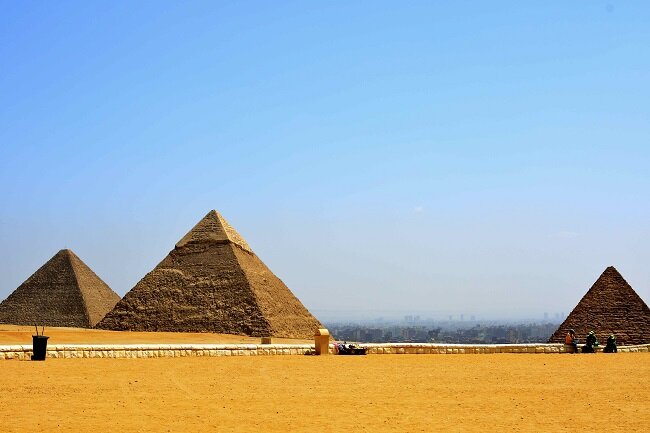


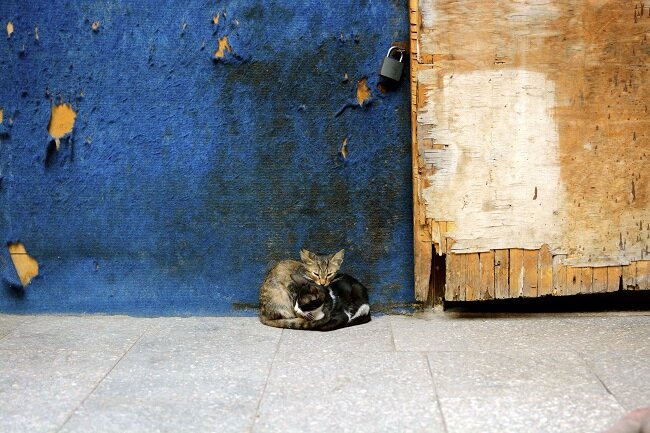
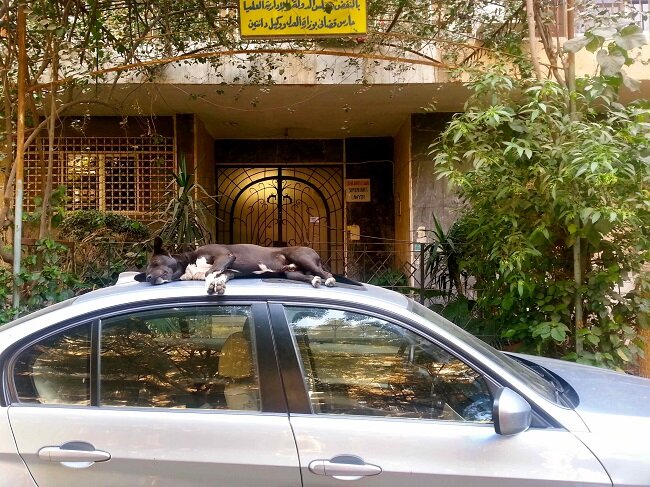

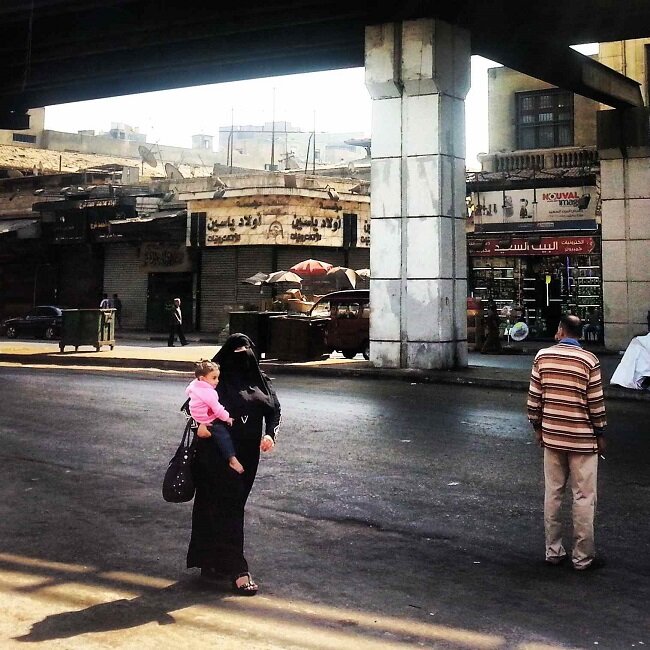
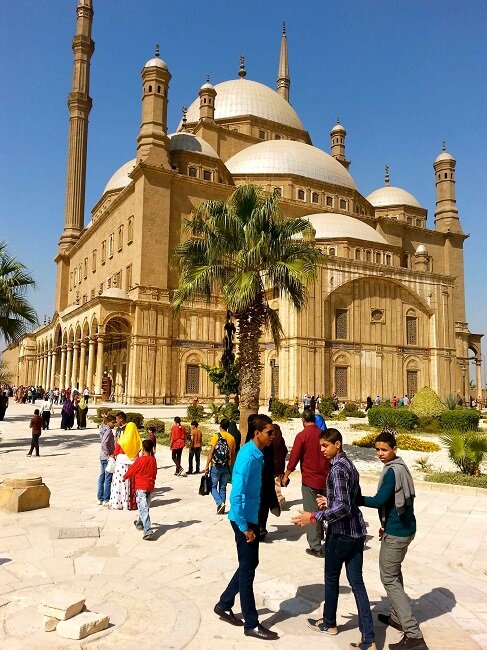


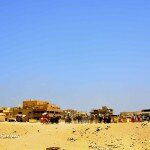














Comments are closed